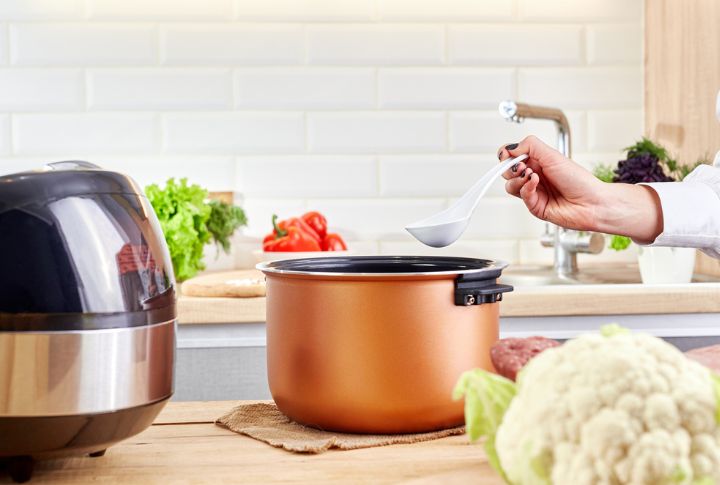
Slow cookers have become a popular kitchen tool for busy individuals looking to prepare meals faster. However, only some ingredients are suitable for slow cooking. Understanding what ingredients to avoid can help you make the most of your slow cooker. If you want to make excellent meals in your slow cooker, avoid using these 15 ingredients.
Raw Meat
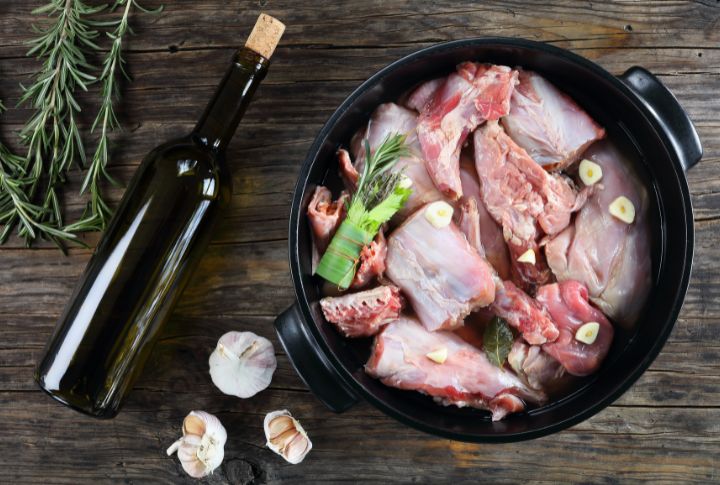
Preparing raw meat in a slow cooker can lead to bacterial growth as the low temperatures may not reach safe levels quickly enough. Always pre-cook meat before adding it to the slow cooker to ensure it reaches a safe internal temperature.
Seafood
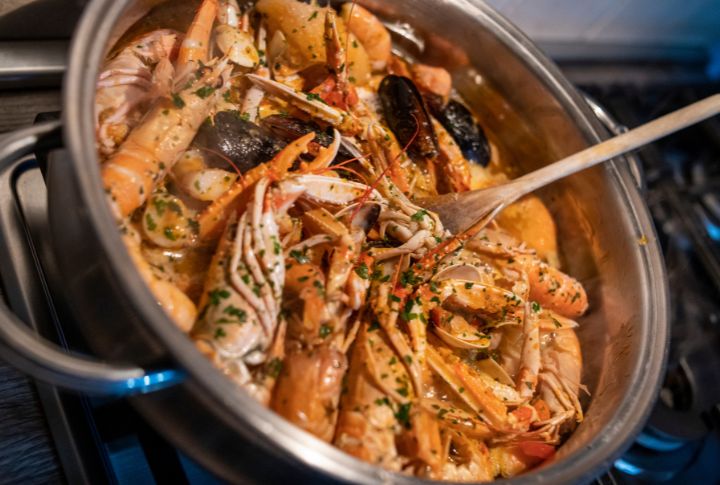
Delicate ingredients like seafood cook quickly, making them unsuitable for slow cooking. Overcooked seafood can become rubbery and lose its flavor and texture. Opt for quicker cooking methods like grilling or sautéing to preserve its delicate taste and texture.
Leafy Greens
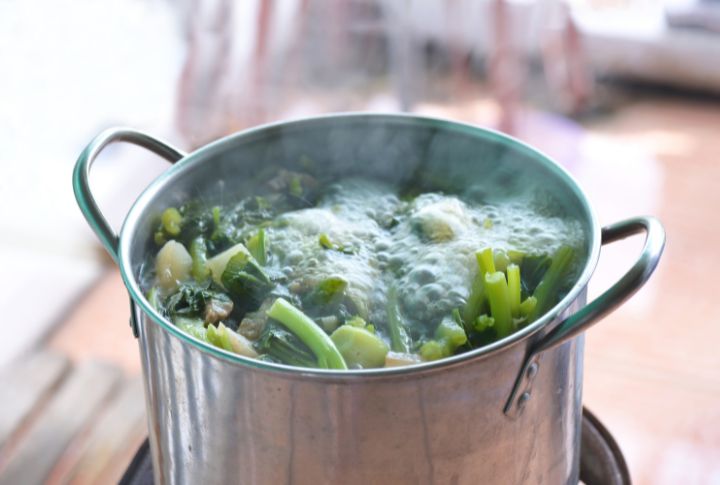
Leafy greens like spinach and kale wilt and become mushy when simmered for extended periods. They’re best enjoyed fresh or lightly sautéed to maintain their vibrant color and nutrients. Avoid slow cooking them to retain their crispness.
Pasta
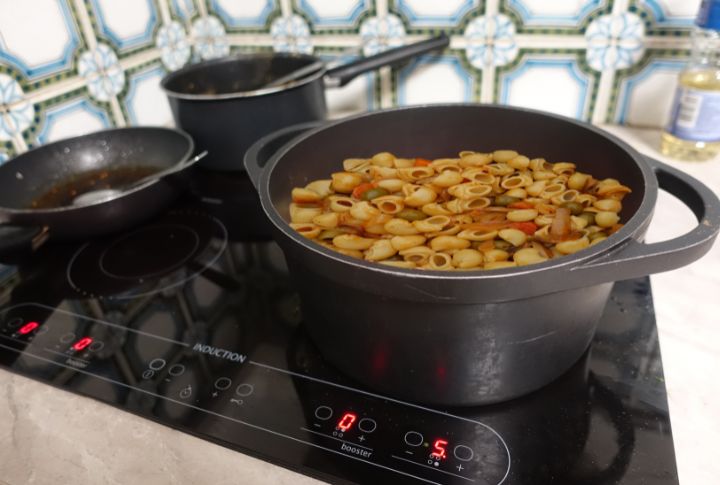
When cooked for too long in a slow cooker, food like pasta can quickly become a mushy mess. It absorbs liquid quickly and loses texture, resulting in an unappetizing dish. It is advised that the pasta be cooked separately and added to the slow cooker later in the cooking process.
Dairy Products
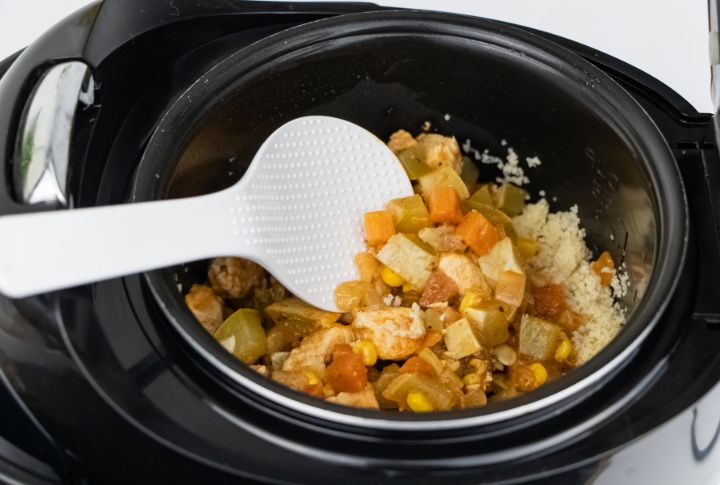
Milk, cream, and cheese can curdle or separate when subjected to prolonged heat in a slow cooker. It’s best to stir in dairy-based ingredients towards the end of the cooking time to prevent them from breaking down and altering the dish’s texture.
Frozen Ingredients
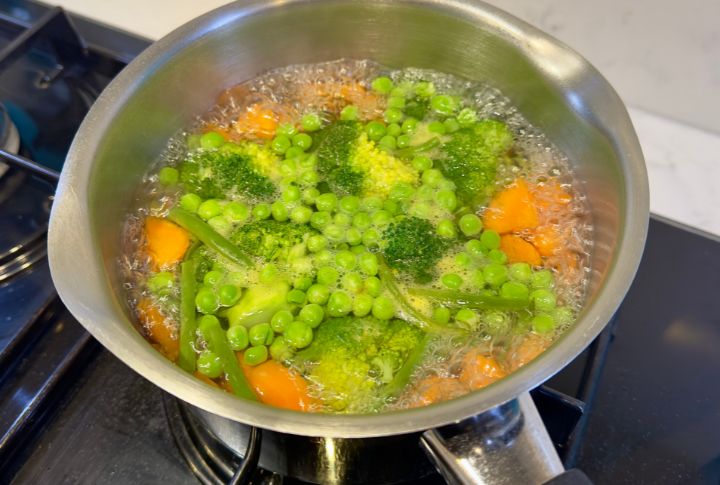
Adding frozen ingredients directly to a slow cooker can significantly increase the cooking time and result in uneven cooking. Thaw ingredients like meat and vegetables thoroughly before adding them to ensure they cook evenly and safely.
Rice
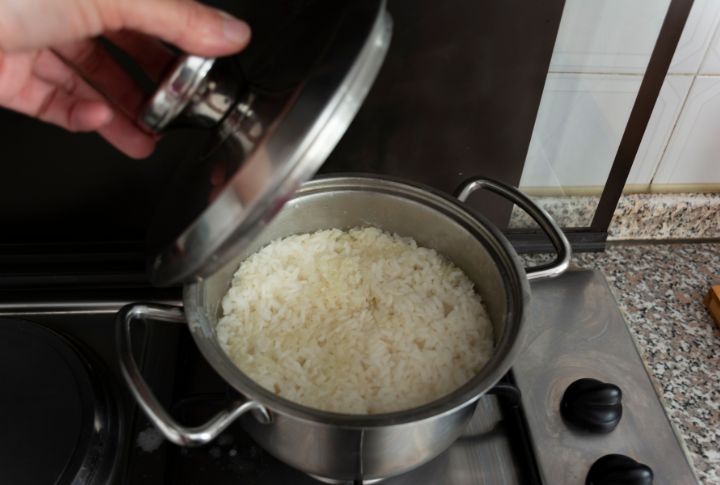
Rice requires precise water-to-grain ratios and cooking times to achieve the perfect texture. Simmering rice can lead to overcooked, mushy texture or undercooked, crunchy grains. Use a rice cooker or stovetop method for better control.
Breaded Meats
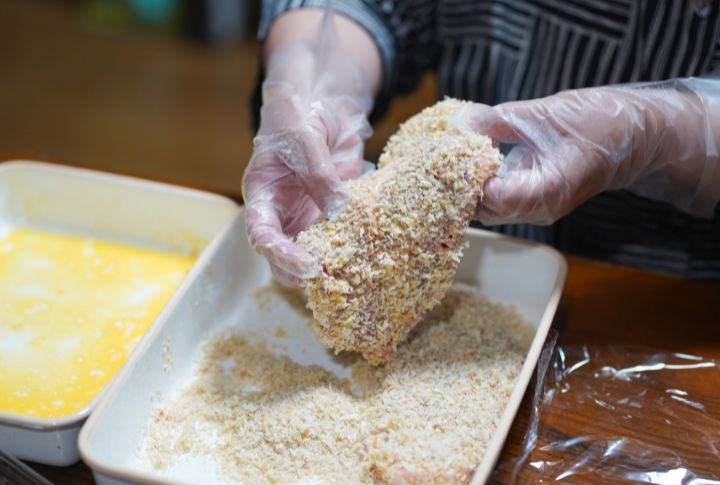
Breaded meats like chicken or fish can become soggy and lose their crispy coating when prepared in a slow cooker. The moist environment inside the slow cooker steams the breading instead of crisping it up.
Delicate Herbs
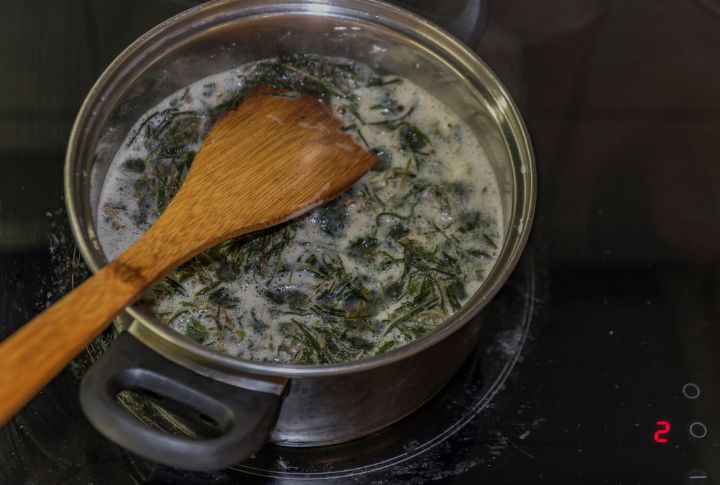
Herbs like basil, cilantro, and parsley lose flavor when exposed to prolonged heat in a slow cooker. Add these herbs towards the end of the cooking process to preserve their fresh aroma and taste.
Eggs
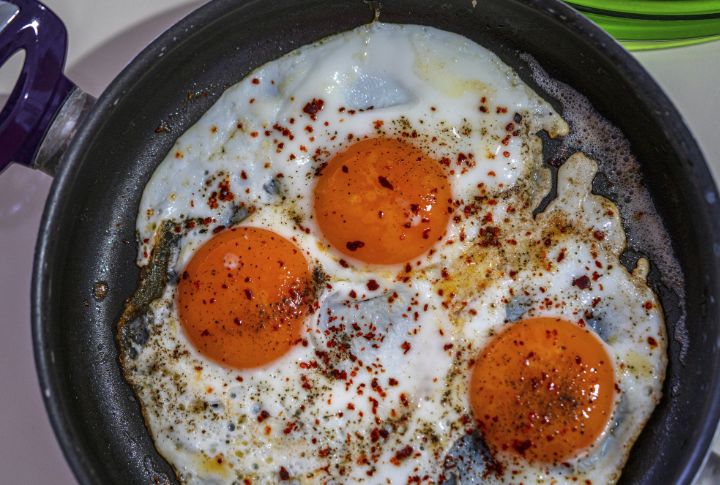
Making eggs in a slow cooker can result in rubbery textures and an unpleasant taste. The extended time can overcook the eggs, leading to a less-than-ideal texture. Stick to traditional cooking methods like boiling or frying for better results.
Crispy Vegetables
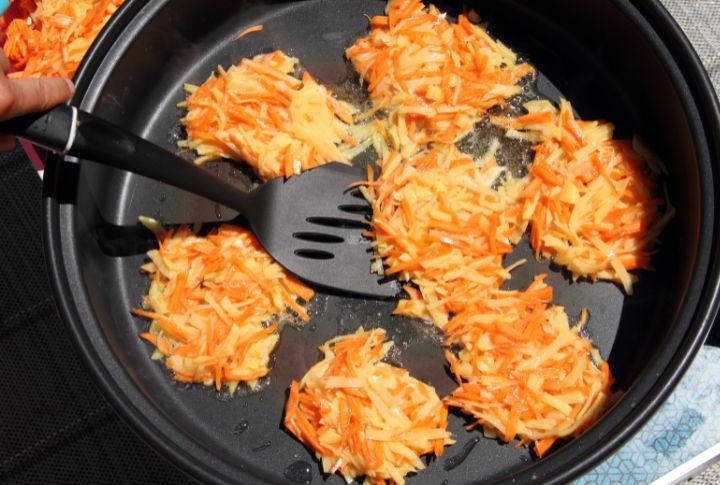
Vegetables like bell peppers, zucchini, and snap peas lose their crunch when cooked for hours in a slow cooker. They become too soft, detracting from their natural texture and flavor. Add these vegetables towards the end of the cooking time for a fresher taste.
Thin Cuts of Meat
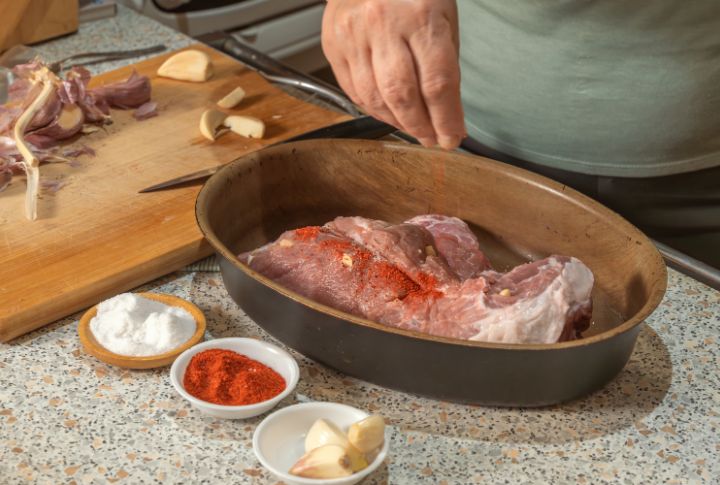
Thin cuts of meat can quickly become dry and tough when prepared for extended periods in a slow cooker. Opt for thicker cuts or tougher meats better suited for slow cooking to achieve tender and juicy results.
Alcohol
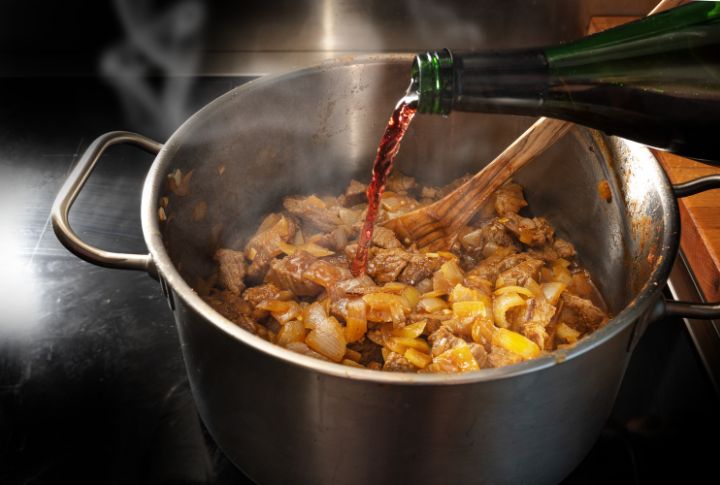
Alcohol doesn’t evaporate as efficiently in a slow cooker as it does on the stovetop, leading to stronger flavors and potential alcohol retention. If using alcohol in a recipe, consider reducing it on a stovetop before adding it to the slow cooker for better flavor control.
Fruit with High Water Content
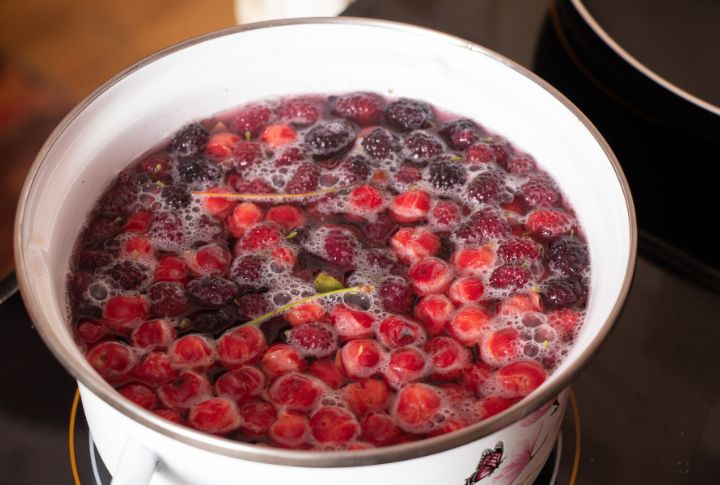
Watermelon, pineapple, and grapes release excess liquid when cooked in a slow cooker, resulting in a watery and diluted dish. Instead of slow-cooking these fruits, enjoy them fresh or incorporate them into desserts.
Hard Vegetables
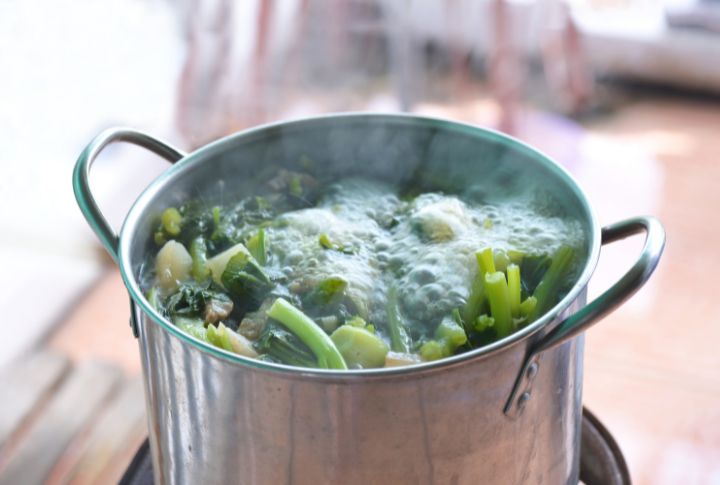
Hard vegetables like potatoes, carrots, and beets take longer than most ingredients in a slow cooker. Cutting them into smaller pieces can help expedite the cooking process, but they may still be mushy if cooked too long. Opt for roasting or steaming for better texture.

Comments
Loading…